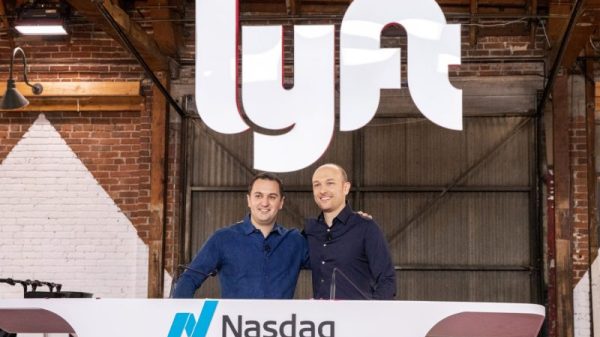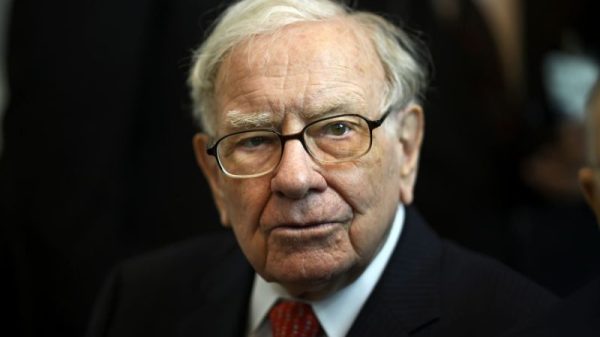The recent announcement by NFL Commissioner Roger Goodell regarding the league being open to private equity team ownership of up to 10% has sparked a mix of excitement and skepticism among fans and industry experts alike. Private equity firms becoming part owners of NFL teams would mark a significant shift in the ownership landscape of the league, raising questions about potential implications and benefits of such a move.
One of the key reasons behind the NFL’s openness to private equity ownership is the potential financial benefits it could bring to teams and the league as a whole. Private equity firms are known for their ability to inject significant capital into businesses, which could help NFL teams increase their value, invest in infrastructure and facilities, and enhance the overall fan experience. This influx of investment could also enable teams to navigate financial challenges, such as those posed by the COVID-19 pandemic, more effectively.
Moreover, private equity ownership could bring a fresh perspective and business acumen to NFL teams. Private equity firms often have a track record of driving operational efficiencies, implementing strategic growth initiatives, and optimizing financial performance in the companies they invest in. By leveraging their expertise, private equity owners could help NFL teams enhance their competitiveness on and off the field, leading to a more dynamic and successful league overall.
On the flip side, there are concerns and potential drawbacks associated with private equity ownership in the NFL. Critics of the move argue that introducing private equity firms into team ownership could prioritize short-term financial gains over the long-term sustainability and tradition of the league. There are fears that private equity owners may prioritize profit maximization at the expense of fan engagement, player welfare, and the integrity of the sport.
Additionally, private equity ownership could raise questions about transparency and accountability within NFL teams. Private equity firms are often associated with a level of secrecy and confidentiality in their operations, which could conflict with the expectations of transparency and public disclosure that come with owning a sports team. Maintaining the balance between financial gains and preserving the core values and ethos of the NFL will be crucial for the league moving forward.
In conclusion, the NFL’s consideration of private equity team ownership represents a bold and potentially transformative step for the league. While the financial benefits and operational expertise that private equity firms bring to the table are significant, there are also valid concerns about the potential impact on the league’s culture, values, and long-term sustainability. As the NFL navigates this new frontier, it will be essential for stakeholders to engage in thoughtful discussions and deliberations to ensure that any decisions made serve the best interests of the league, its teams, players, and fans.


































